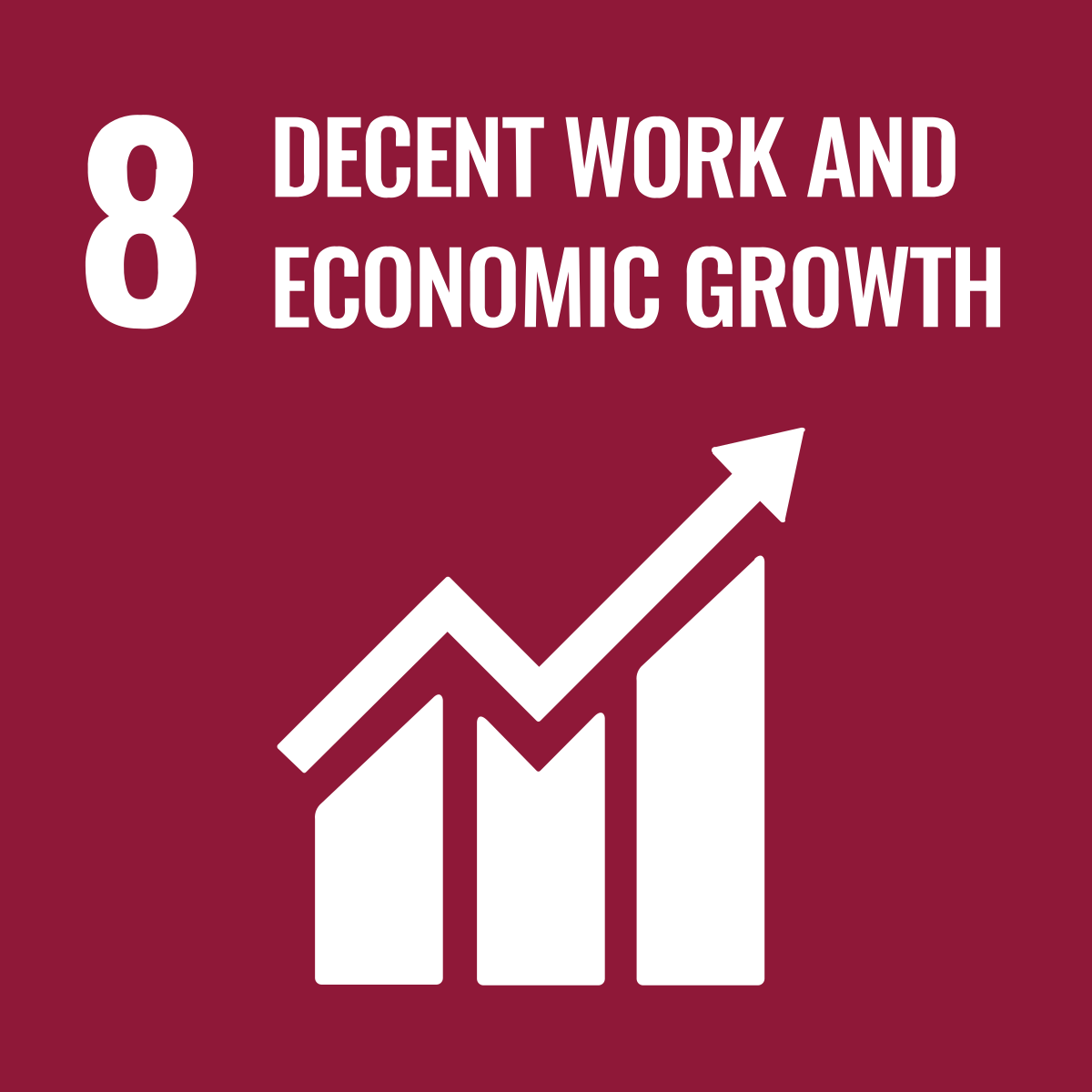The impact of the use of depleted resources on sustainable development In the Iraq economy
DOI:
https://doi.org/10.56967/ejfb202224Keywords:
depleted resources, sustainable development, iraq economy, revenue decreasing yield, indicators of sustainable developmentAbstract
Depleted resources have an important role in achieving sustainable development, by pushing the production process and achieving stability, growth and economic development in both the economic and social fields, but they affect the environment in varying proportions, as they represent the greatest danger in polluting the environment and its surroundings, especially oil and coal. This is what made the need to search for alternative sources and resources to achieve sustainable development, the preoccupation of many countries that depend on one resource, and the best example of this is Iraq and Algeria,Which depleted resources represent approximately 98% of its income resulting from the export of hydrocarbons, and the importance of this research comes from studying that depleted natural resources because of their great and distinguished role in economic growth and thus on sustainable economic development, by exploiting these resources and investing their returns through The way to support the productive sectors for the current generations to benefit from and to ensure the future of subsequent generations. The research started from a problem that is, is it possible to rely on depleted resources in achieving sustainable development,Is there a relationship between the size of those resources and the degree of achieving sustainable development, and the goal of this research stems from analyzing and measuring the relationship between depleted resources and indicators of sustainable development, and thus providing proposed solutions to address the imbalance between these variables in the Iraqi economy, as well as providing suggestions or recommendations in order to overcome obstacles that obstruct the process of sustainable development and address the problems of the economy, including the Iraqi economy
It also stems from the premise that it is not possible to rely on the revenues of depleted resources in achieving sustainable development in the Iraqi economy unless a large set of conditions and economic, institutional and societal reforms are available, in order to arrive at identifying the problem of the study, analyzing it and developing appropriate solutions to it. And standard, as well as analyzing the standard relationship to show the impact of depleted resources revenues on sustainable development indicators, and the use of various data and information necessary to reach the results of the study (research)The study concluded that the rational exploitation and management of delectable resources in the service of development is one of the most important criteria associated with achieving sustainable development, especially with regard to protecting the atmosphere from sources of pollution resulting from the use of energy in economic and social activities, especially in the transport and industry sector. The environment and development the emergence of sustainable development, which aims to pay attention to the interrelationship between man and his natural surroundings, and between society and its development. and limitations and obstacles encountered Unbalanced development has also led to the emergence of environmental problems in various fields, such as the increase in pollution and its impact on the quality of life, and the irrational exploitation of natural resources, including those that are depletable.
Downloads
Downloads
Published
How to Cite
Issue
Section
License

This work is licensed under a Creative Commons Attribution 4.0 International License.
This is an Open Access article distributed under the terms of the creative commons attribution (CC BY) 4.0 international license which permits unrestricted use, distribution, and reproduction in any medium or format, and to alter, transform, or build upon the material, including for commercial use, providing the original author is credited.






